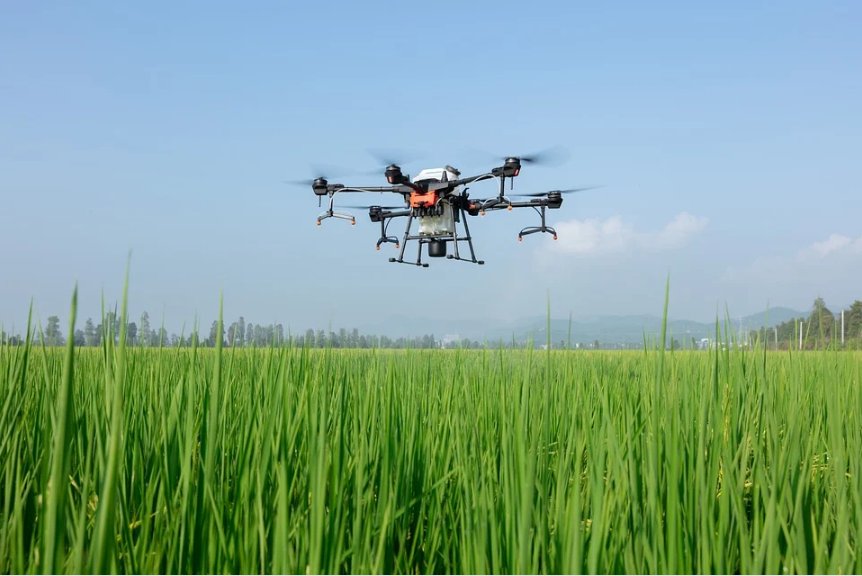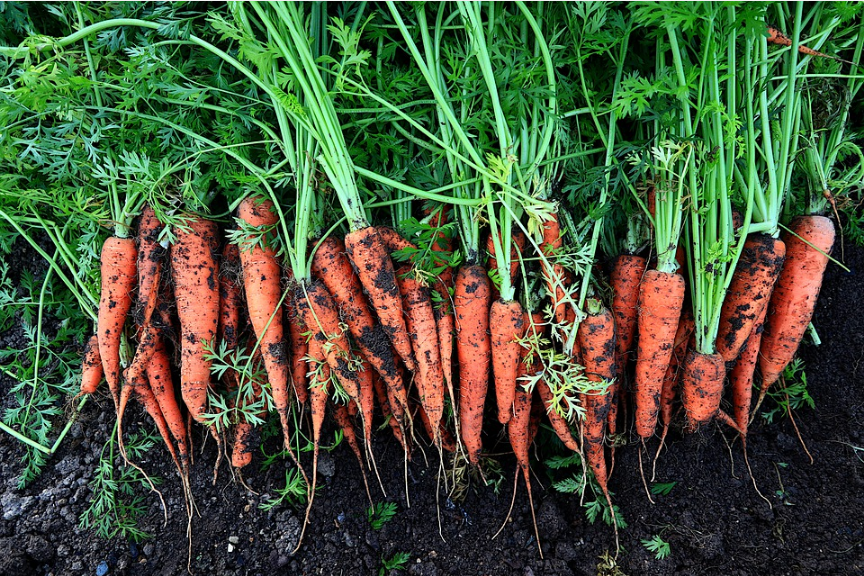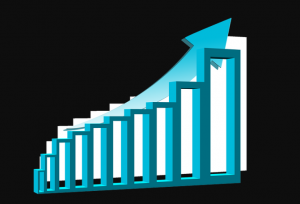Advantages of Using Drones in Farming

Drones are a new approach to our society that people use in different aspects of their life. People use different machines remotely controlled for quite some time now, but drones were only introduced to them recently. At this point, it has become clear that there are advantages to their use for different industries. These machines are being used for photography, jobsite safety, and even in the agriculture industry. We will now talk about the benefits of using drones to farming.
Augmented Yields

Drones could help to harvest a wide range of crops, offering a choice, and providing a cheap and recurring alternative for growers. They are useful in farming operations, and it helps the farmers to progress their yields. Drones are equipped with various data and detectors. Harvesting devices can be used to find approaches to increase production and efficiency.
Time Preservation
This advantage is that they allow your operators to explore farm locations efficiently. Instead of practices where a person’s areas are assessed on foot, this technology will enable you to gain direct knowledge of the state of your crops. This benefit can also be valuable for properties with medium or large farms, where hectares are needed to be crossed, with the advantage of using drones that could fly back and forth through the area.
Immediate Return on Investment
The cost to find an inspection or a property survey is about $5 per hectare, so it’s worth investing in a drone. Drones are remote-controlled aircraft that can fly safely and only needs a little maintenance; with that, the return on investment can be achieved in a few harvesting seasons. Reducing costs is a problem for manufacturers, and it is gratifying that cost reductions have been achieved through the use of drones. When you only spend less for your business, and you gain high revenue; therefore, the return on investment can be obtained as fast as possible.
Environmental Interests
With a thermal camera mounted, a drone will be able to determine which areas of the farm are colder and, hence well-watered, even the driest areas that are warmer. Farmers can use this information to correct the amount and location of irrigation. With water and fertilization regularly, drones will also reduce runoff. This runoff has proven to be a very effective means of changing ecosystems. It becomes food for algae, which bloom by blocking sunlight and blurring the surface of ponds, lakes, and rivers. As a result, the killing of elements of the food chain is shifted downwards.…




